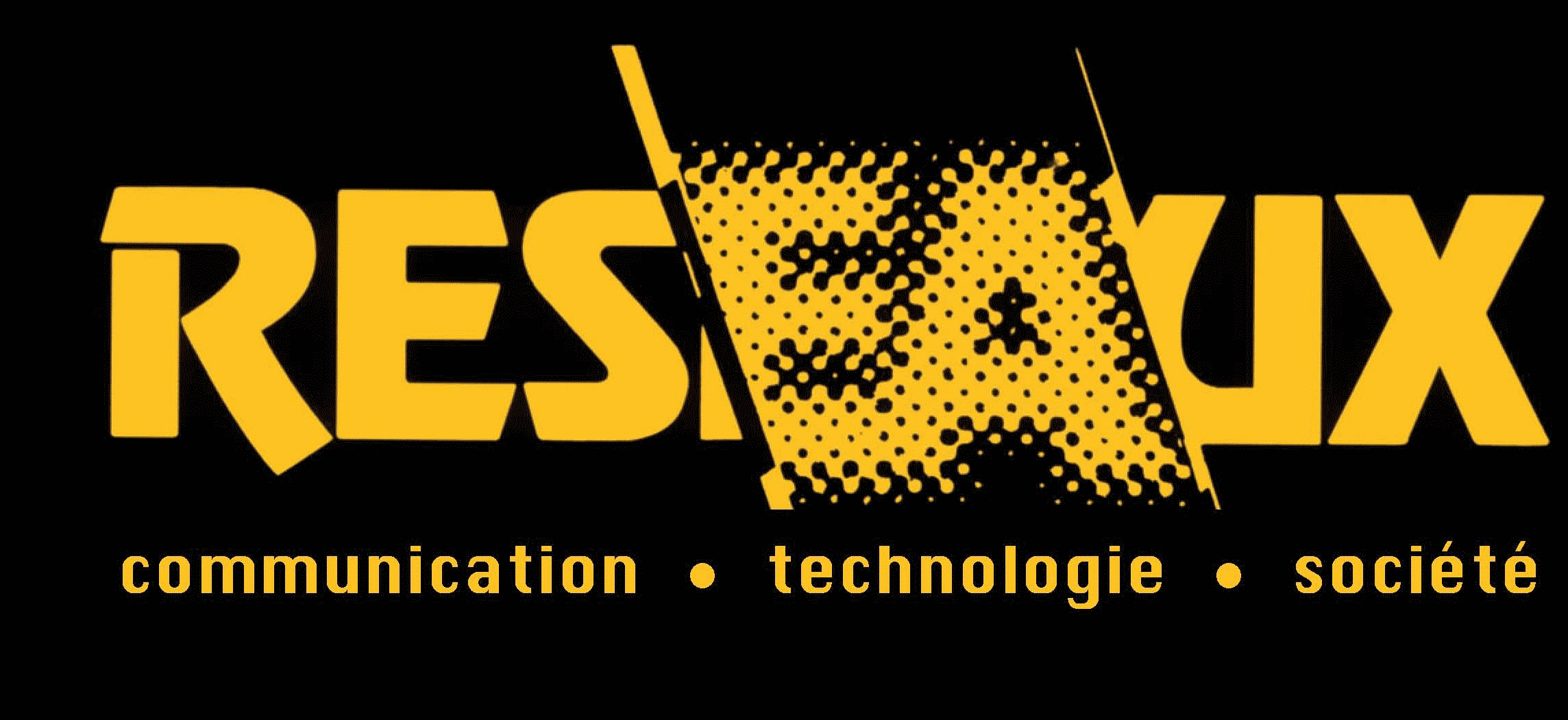The emergence of ethical issues in experiments with artificial intelligence software
This article brings together the perspectives of the sociology of innovation and the ethics of technology. It highlights the heuristic scope of the concept of experimentation for reflection on the ethics of Artificial Intelligence (AI), in the field of radiology. More specifically, we mobilize three types of experimentation (experiments in and with technology, and tacit experiments) to describe and analyse four work environments where AI-based detection software is tested in senology and traumatology. We highlight the ways in which these devices are appropriated (or rejected), as well as the resulting ethical concerns, drawing on the above-mentioned derivatives of the concept of experimentation. AI ethics raises three sets of questions: the first concerns the steering, scope and learning process of these experiments, and ultimately their (more or less) democratic nature; the second concerns the accuracy of what the software delivers, and consequently the risks of error involved, in a context where analytical work is delegated (at least partially) to algorithms; and the third concerns the quality of the service provided and its fairness, within the healthcare system, as well as the content of professional identities. AI ethics are thus embedded in concrete situations of use and embodied in professional worlds, unlike ‘principled’ and ‘future’ ethics.
- artificial intelligence
- radiology
- experimentation
- ethics
- innovation
